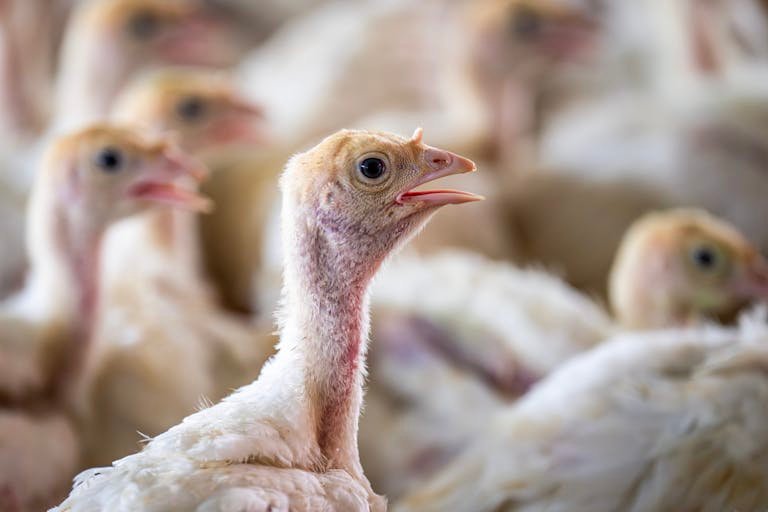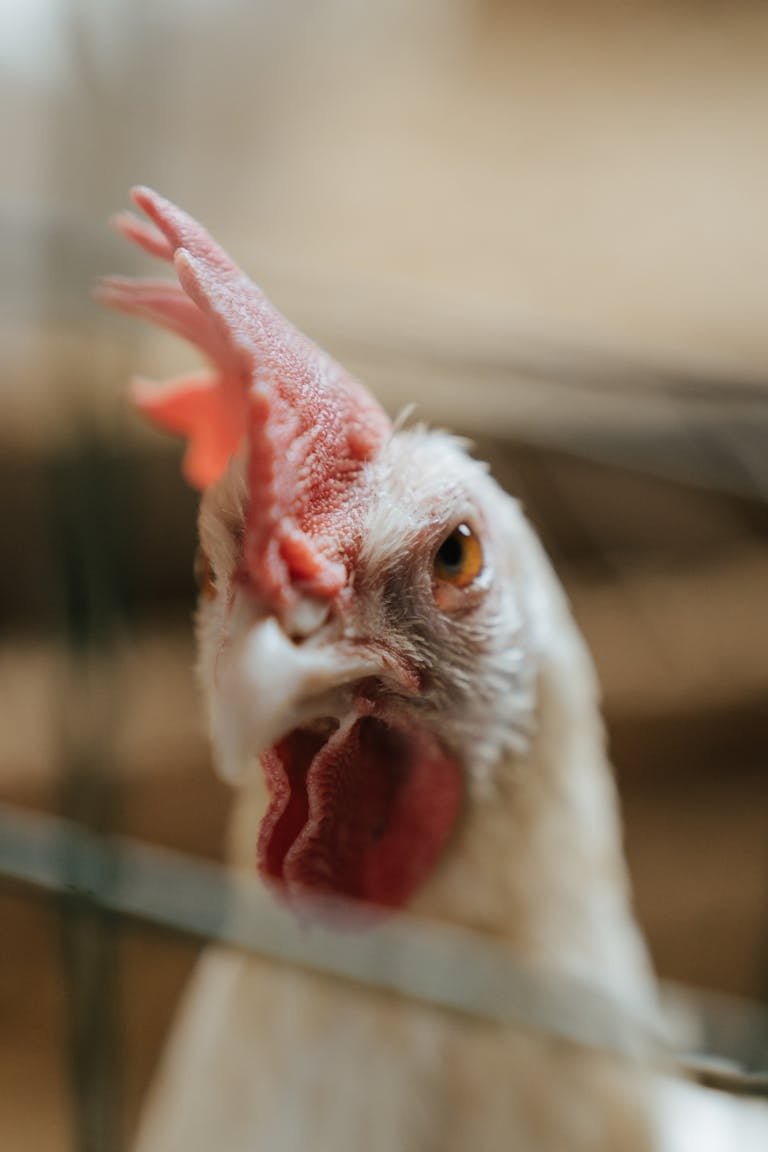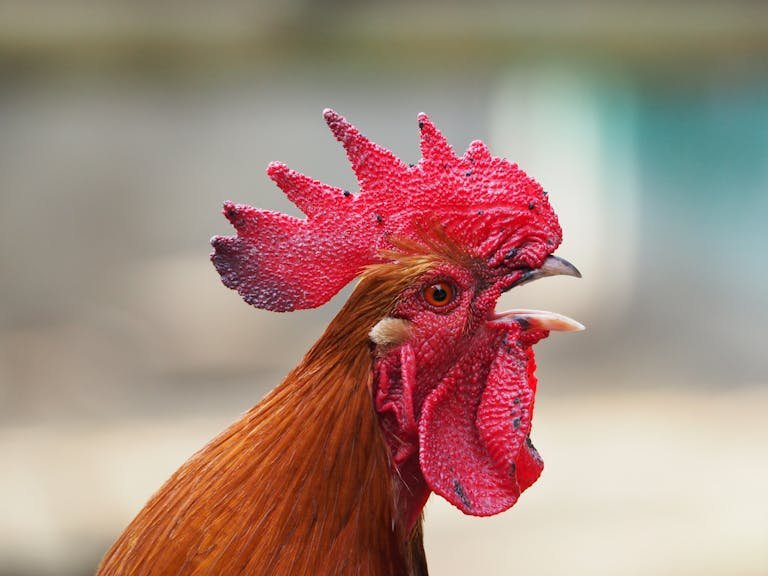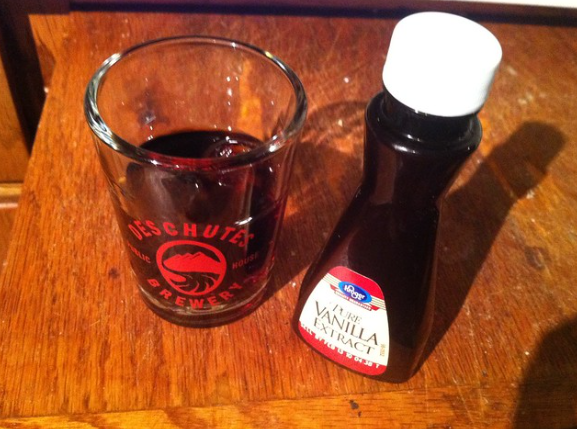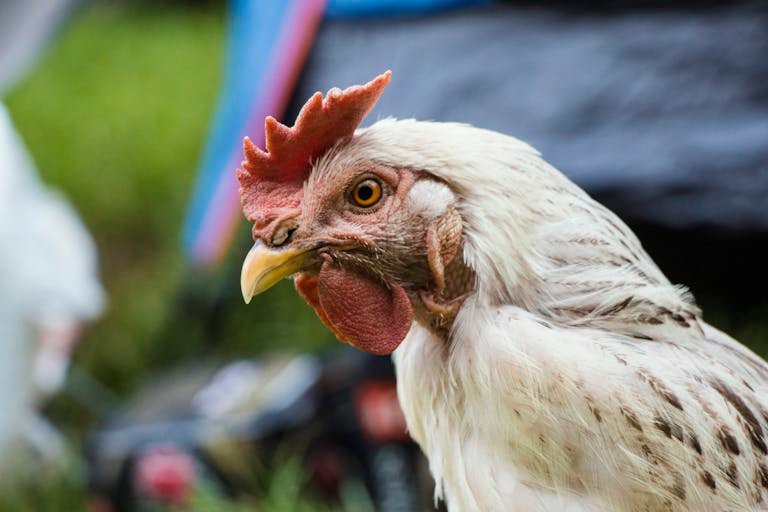Rat-Proof Your Coop: 5 Proven Ways to Banish Pests

Rats in a chicken coop can be a nightmare. Not only do they pose health risks by spreading diseases, but they can also damage the coop and steal food meant for your chickens. If you’re dealing with a rat infestation or simply want to prevent one, you’re in the right place. In this blog, I’ll guide you through step-by-step methods on how to get rid of rats in a chicken coop and keep your flock safe.
Steps to Get Rid of Rats in a Chicken Coop
1. Identify and Seal Entry Points

One of the first things you need to do when dealing with rats is to prevent them from entering the coop in the first place. You’ll need to be vigilant in identifying any possible entry points and sealing them off.
Inspect the Coop
- Look for holes or cracks: Carefully inspect the walls, floors, and roof of the chicken coop. Rats can squeeze through even the smallest of holes, so make sure you don’t overlook any gaps.
- Common rat entry points: Pay attention to any spaces between doors, windows, or ventilation areas where a rat might sneak through. Also, check the foundation and the ground beneath the coop for signs of tunneling.
Seal the Gaps
- Use hardware cloth or metal mesh: I recommend using a strong material like hardware cloth or metal mesh to cover any holes or gaps. The mesh should be no larger than 1/4 inch to ensure that rats can’t pass through.
- Secure the edges: Be sure to secure the edges of the mesh properly to prevent rats from gnawing their way through. Metal strips or screws work best for securing these barriers tightly.
- Check regularly: Even after sealing the coop, it’s essential to regularly inspect it for new gaps or wear and tear. Rats are persistent and can create new entry points if given the chance.
2. Eliminate Food and Water Sources
Rats are primarily attracted to food and water, and your chicken coop can become a buffet for them if you’re not careful. By controlling food and water sources, you can significantly reduce the chances of rats hanging around.
Store Feed Properly

- Use airtight containers: I always advise storing chicken feed in airtight containers or metal bins. Plastic bins may seem convenient, but rats can easily chew through them. Metal bins are a safer bet to prevent rats from accessing the food.
- Secure the feed: Make sure feed bags are properly sealed and stored off the ground, as rats can jump or climb to reach them.
Remove Water Sources
- Avoid standing water: Rats need water to survive, so it’s important to remove any standing water sources around the coop. Use waterers that are elevated or designed to prevent spills.
- Check daily: Ensure that waterers are not leaking and clean up any water spills immediately.
Clean Up Spills
- Clean regularly: Spilled feed or water is a major attractant for rats. I recommend cleaning up any spills immediately and ensuring that feeding areas are kept tidy.
- Use feeders wisely: Consider using automatic feeders that minimize spillage and make it harder for rats to access the food.
3. Use Humane Traps
If rats have already invaded your chicken coop, setting humane traps is one of the most effective ways to catch and remove them without resorting to harmful chemicals or poisons that could endanger your chickens.

Place Traps Strategically
- Identify rat trails: Rats usually follow the same paths in and out of the coop. Look for signs of these trails, such as droppings, gnawed wood, or tracks, and place traps in those areas.
- Use covered traps: If you’re worried about your chickens getting caught in the traps, use covered or enclosed traps that only allow rats to enter.
Use Effective Bait
- Choose appealing bait: I’ve found that peanut butter, bacon grease, and apple slices work well as bait. These items have strong scents that attract rats, making them more likely to fall for the trap.
- Change bait regularly: If the bait sits for too long, rats may lose interest. Make sure to refresh the bait every day or two to keep it effective.
Check Traps Regularly
- Daily checks: Check your traps at least once a day. Humane traps require regular attention to ensure that the captured rats are not left for too long.
- Dispose of rats safely: Once a rat is caught, you can release it far away from your property or contact local pest control for proper disposal.
Read Also: Gritty Details: Why Your Chickens Need Grit
4. Consider Natural Deterrents

There are several natural ways to deter rats from your chicken coop. These methods are safe for your chickens and can be used alongside other preventive measures.
Introduce Predators
- Cats and owls: If possible, I suggest introducing natural predators like barn cats or encouraging owls to frequent your property. These predators can help keep the rat population under control.
- Be cautious: If you introduce cats, ensure they are not aggressive toward your chickens and are adequately fed to prevent them from hunting your flock.
Use Essential Oils
- Peppermint and eucalyptus oils: Certain essential oils, such as peppermint and eucalyptus, are known to repel rats. Soak cotton balls in these oils and place them around the perimeter of the coop.
- Reapply regularly: The scent of these oils fades over time, so you’ll need to reapply them every few days for the best results.
Try Ultrasonic Repellents
- High-frequency devices: Ultrasonic repellents emit high-pitched sounds that are unpleasant for rats but inaudible to humans and chickens.
- Use alongside other methods: While effective in some cases, I recommend using these devices in combination with other preventive measures like traps and natural deterrents.
5. Maintain a Clean Coop
A clean coop is less attractive to rats and other pests. By maintaining a tidy environment, you can minimize the chances of a rat infestation.
Remove Debris
- Clear the coop regularly: I can’t stress enough how important it is to keep the coop clean. Remove any spilled feed, feathers, or bedding that could attract rats.
- Compost wisely: If you’re composting chicken manure or bedding, make sure it’s done away from the coop and in a secure compost bin to prevent attracting rats.
Sanitize the Coop
- Use disinfectants: After a rat infestation, it’s crucial to disinfect the coop. Rats carry diseases that can spread to your flock, so use a safe disinfectant to clean all surfaces.
- Deep clean periodically: Even without an infestation, I recommend deep cleaning the coop every few months to ensure it remains hygienic and rat-free.
Keep the Area Around the Coop Clean
- Remove clutter: Rats seek shelter in piles of wood, debris, or dense vegetation. Clear any clutter or debris from around the coop to reduce hiding places.
- Trim vegetation: Keep the grass and shrubs around the coop trimmed short to discourage rats from nesting near the coop.
Additional Tips for Preventing Rats in a Chicken Coop
While the steps I’ve outlined above are highly effective, there are a few extra tips I want to share that can further prevent rats from invading your coop.
Keep the Coop Clean
- Regular maintenance: Regularly cleaning the coop is one of the most effective ways to prevent a rat infestation. Remove food scraps, bedding, and other debris that could attract pests.
Cut the Grass
- Shorten grass around the coop: Keeping the grass trimmed around the coop reduces hiding spots for rats. If they can’t find shelter, they’re less likely to stick around.
Inspect Regularly
- Daily checks: Check the coop for signs of rats every day. Look for droppings, gnawed wood, or holes, and address these issues as soon as they arise to prevent a full-blown infestation.
Read Also: Fancy Feather Foot Chickens: 10 Adorable Breeds
Final Words
By following these steps, you can effectively eliminate rats from your chicken coop and protect your birds from harm. Keep in mind that rats are persistent, so you will need to stay vigilant and take action as soon as you notice signs of their presence. With a clean, secure, and well-maintained coop, you can ensure that your chickens stay safe and healthy!

